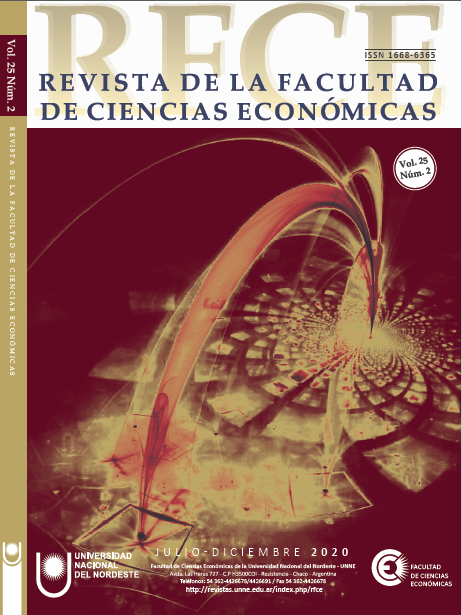Disagreements and conflicts among collective actors in the paraguayan industrial sector
DOI:
https://doi.org/10.30972/rfce.2524568Keywords:
labor relations, tripartism, social dialogue, industrial sector, ParaguayAbstract
The Paraguayan industrial sector has experienced significant growth over the last decade, which has been largely due to the increase in direct foreign investment and the installation of maquila plants, either with national or transnational capital. These new business actors have introduced a higher technological level and new business strategies, having an impact on the management of the capital/labor relationship. Against this background, this text discusses the development of labor relations between collective actors in the industrial sector and the changes in social dialogue registered at the national level. To this end, we draw on interviews with representatives of business chambers, of national trade unions and of the government, identifying practices related to conflict resolution and paying special attention to the role of the State. It is argued that when the State prioritizes the attraction of foreign capital, to the detriment of its role as mediator and impartial arbitrator between employers and workers, the resulting labor relations system remains enveloped in an endemic low-intensity conflict. And this, over time, hinders the achievement of the objective that all labor actors aim: the economic and social development of Paraguay.Downloads
Published
How to Cite
Issue
Section
License
La Revista de la Facultad de Ciencias Económicas solicita sin excepción a los autores una declaración de originalidad de sus trabajos, esperando de este modo su adhesión a normas básicas de ética del trabajo intelectual.
La Revista de la Facultad de Ciencias Económicas de la Universidad Nacional del Nordeste, Argentina, declara e informa que no se aplica a los autores ningún cargo ni costo, por la publicación de los artículos. La distribución y acceso, son de carácter libre y gratuito.
Este obra está bajo una licencia una licencia de Creative Commons Reconocimiento-NoComercial-SinObraDerivada 4.0 Internacional.





